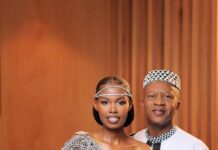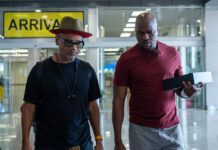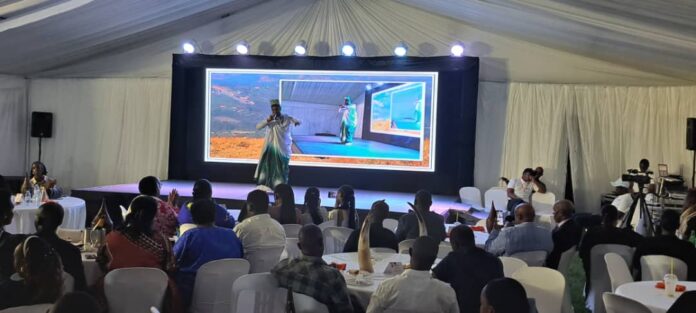
The afternoon downpour could not stop the Bahororo community from holding a successful event dubbed “Oweitu Mpororo Cultural Festival,” a cultural event that aimed at reviving the Mpororo diversity and strong cultural heritage.
The event, which took place on Sunday, August 18, 2024, at the Silver Springs Hotel in Bugolobi, Kampala, ran under the theme Integrating Mpororo Social Heritage and was attended by a multitude of people from Mpororo land.
The Bahororo were treated to activities like storytelling, wrestling, cultural fashion, and many more. During the event, the attendees stressed that the function was more of “ekitaramo,” an ancient gathering that is referred to as an educational sitting where people sat with the elders to learn things like working hard, hospitality, and unity.
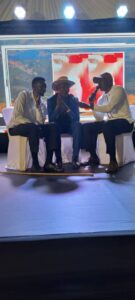
The event had several entertainment pieces like byevugo (oral chants) and folk songs from the Mpororo team, Koojo, Akandinda Baguma, Coleb Nabaasa, artists like Eliah Muhanguzi who sang the Mpororo song, Nkwanzi cultural performers with Ekitaguriro, Anna Nankunda Kyabitondo, Vision Choir, and Ibrahim Cyusa from Kigali, Rwanda.
In his remarks, Dennis Abaho Katutsi, the chairman of Oweitu Mpororo Cultural Co. Ltd., thanked the Bahororo for turning up in big numbers and showing love for their land, heritage, and culture. He added that this would be the beginning of preserving the Mpororo culture.
While talking to our reporter, Abaho said that they plan to take the Mpororo Connect event to Ntungamo district at the grassroots before the year ends but noted that every 18th of August shall be Mpororo Day, adding that if it falls on a weekday, it shall be pushed to the weekend.
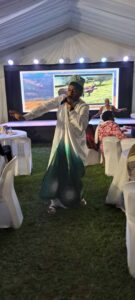
Muhanguzi’s song of Mpororo Land was also suggested to be made the anthem after being modified and having some changes and additions.
Paul Tandeeka, an elder from Mpororo land and a retired teacher, advised the Bahororo to endeavor to preserve Mpororo culture and its heritage, with its unifying factors that shall not hinder the peace and unity of the nation. It was suggested that every 18th of August every year should be celebrated as Mpororo Day.
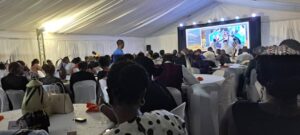
The Hororo or Bahororo are a Bantu-speaking ethnicity mainly residing in the north of the former Kigezi district in southwestern Uganda. In 1905, they were described by a British officer as “quiet, inoffensive people” who owned cattle. They are made up mostly of the Hima ethnic group and the Iru ethnic group. They reside mainly in Rujumbura in southwestern Uganda and are related to the Banyankole, Banyoro, Batooro, Songora, and Tutsi peoples, respectively. Rujumbura was ruled by the BeeneKirenzi sub-clan, with Omukama Karegyesa as their last king.
The Bahororo speak a dialect of Nkore-Kiga, Ruhororo. They are subdivided into clans that are similar to those of the kingdom of Ankole. Unlike Ankole, which was ruled by the Hinda clan, Mpororo was led by the Bashambo clan.


